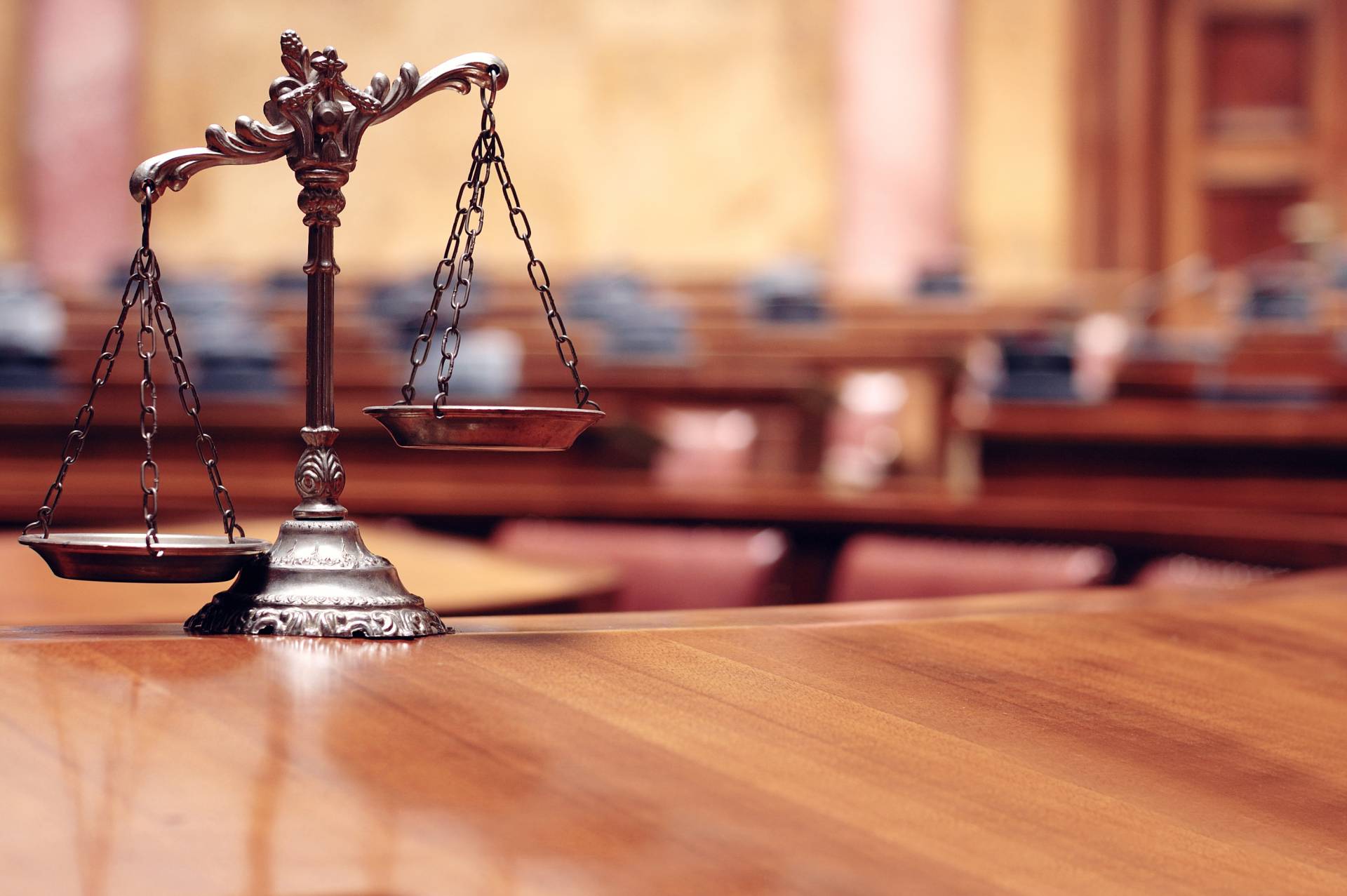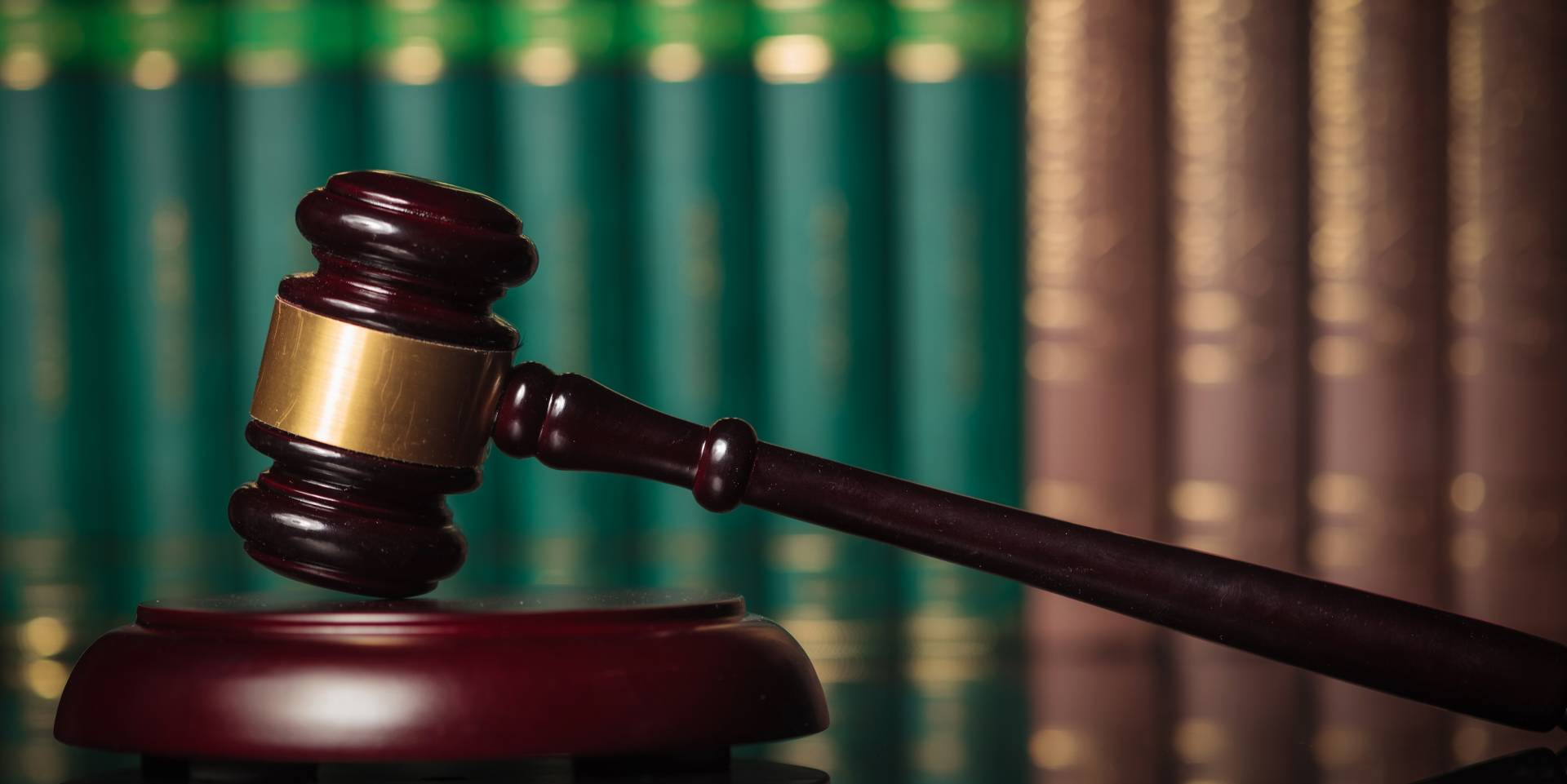A trial by jury is one of your most important rights. A jury of your peers will make a decision on your innocence or guilt. It’s important to know what to expect at a jury trial.
Typically, there may be six or 12 jurors who will be charged with determining whether you are guilty or innocent. First, there is the process of jury selection. Jurors are typically picked up from the community randomly, and once they have been selected must appear in court on the date of the trial. Jurors may be selected from property ownership lists, vehicle registration lists, voter registration lists, and from a number of other sources.
In order to qualify to sit on a jury, an individual must be a U.S. citizen, at least 18 years of age, able to read, write and speak English, and live in Colorado.
If you have pending felony criminal charges against you that could result in more than one year in jail, then you may not sit on a jury. Likewise, if you have previously been convicted of a felony or misdemeanor that was punishable by more than one year in prison, you cannot sit on a jury. Individuals with permanent mental or physical disabilities are excluded from the jury selection process, and so are those that work specific jobs such as those in the military or police department as well as firefighters or elected public officials.
Once the jurors have arrived at the courtroom, your Denver criminal defense lawyer, the judge, the criminal defense Attorney and others will ask the group certain questions related to the case. Questioning will result in some persons being excused from jury.
Once the jury has been finalized, your Denver criminal defense lawyer as well as the prosecuting domestic violence attorney will address the jury. These opening statements will explain what the evidence will show. Opening statements are used to set the tone for the rest of the trial and introduce the jury to an overview of the case.
This is followed by questioning of witnesses. The witness is questioned by the lawyer who represents the witness. Your DUI attorney will be given the chance to ask questions of his witness first. This questioning is referred to as a direct examination. A direct examination is conducted by your own attorney. The purpose of a direct examination is to get evidence, and facts that directly support your case. As the witnesses answer questions, the jury will be listening carefully to take notes and form an opinion on what happened and whether or not the defendant is guilty.
Your attorney cannot ask all types of questions, however. Leading questions are not allowed. In other words, your Denver criminal defense attorney cannot ask the witness questions that are guaranteed to prompt a particular answer. While one lawyer is questioning a witness, the opposing lawyer can choose to object to any questions that he or she does not agree with. If this occurs, the judge will make a decision about whether or not the lawyer questioning the witness can continue. If the judge agrees that the questioning is invalid, then the lawyer must change direction and stop that line of questioning. Witnesses are not allowed to draw conclusions from the evidence presented. However, they can identify evidence in the form of photographs and other items that are presented to the court for review.
Once the examination is concluded, the opposing lawyer will subject the witness to a cross examination. The cross examination will aim to minimize the credibility of the witness. The opposing lawyer will try to establish that the witness suffers from some sort of bias, and that his testimony is unreliable. He may try to establish that the witness is untruthful, or does not know enough about the facts. The opposing lawyer may also try to establish whether the witness benefits from an outcome of the case in favor of the defendant. The whole point will be to destroy the witness’s credibility. During a cross examination, lawyers will try to poke holes in any progress that the opposing lawyer made in the case during the direct examination.
Remember, the opposing lawyer may use much more aggressive tactics during a cross-examination. For instance, leading questions may be asked. However, the questions may be limited to the testimony already provided by the witness.
After both sides have presented and questioned all of their witnesses, closing arguments are presented, and the jury is allowed to deliberate. During the process of deliberation, the jurors discuss whether the prosecutors have presented enough evidence to prove guilt beyond a reasonable doubt. Juries are allowed to take as much time as they need to come to a unanimous verdict. In fact, the more serious the crime, the longer the jury tends to deliberate, with some deliberations taking weeks. Cases that involve a lot of detailed, scientific evidence may also lead to longer deliberations since the jury must sift through each piece.
The jury must reach a unanimous decision before returning a verdict. If the jury is unable to come up with a unanimous decision, the court could declare a hung jury, meaning the jury members do not believe they will ever agree on the verdict. In these cases, the trial must essentially start all over again by selecting a new jury and going through the entire process again.
However, if the jury has been able to reach a unanimous decision, they will alert the judge that they are ready to announce the verdict. Both sides will be called back to the courtroom to hear the verdict, at which point the defendant may be set free or handcuffed, depending on the outcome and severity of the case. The sentencing is not handed down during this phase, but rather during a separate, sentencing phase of the trial. If the arrest was in New Jersey and related to theft, a Theft Crimes Attorney
If you have been arrested, get in touch with a Denver criminal defense lawyer immediately. It’s important to protect your rights immediately, and without the right kind of legal guidance, you might make mistakes that could jeopardize your case.




